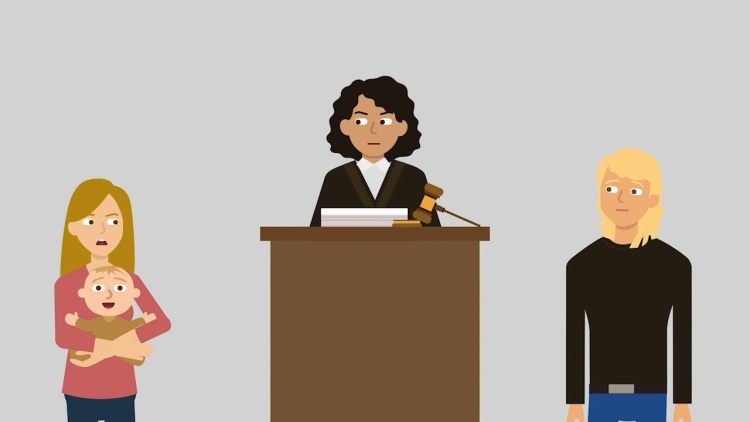Zabloski v. Hall
Minnesota Court of Appeals
418 N.W.2d 187 (1988)
- Written by Brittany Frankel, JD
Facts
Andrea Zabloski (plaintiff) and Daryl Hall (defendant) had a single sexual encounter, and Zabloski gave birth to a son in January 1984. Zabloski and Hall lived two different lifestyles. Zabloski lived in relative poverty, received public assistance, and shared a one-bedroom home with her two minor children. Hall was a rock star whose net income was $1.4 million per year. Despite his hefty income, Hall lived a relatively frugal lifestyle and desired the same for his son. In April 1984, Zabloski commenced a parentage action. Hall acknowledged paternity; thus, the only issues for court determination were custody, the amount of child support, and the award of attorney fees. Zabloski proposed a monthly budget to the court totaling $3,143.00, which was a steep increase from her former standard of living. The minor child was a normal, healthy three-year-old with no medical problems, learning disabilities, or any other special needs that required an extraordinary level of support. Thus, the trial court followed the Minnesota statutory support guidelines and ordered Hall to pay child support of $1,000 per month, provide health and dental coverage for the child, and pay for any uninsured medical or dental expenses. Zabloski appealed, seeking an upward deviation of the amount of child support owed by Hall.
Rule of Law
Issue
Holding and Reasoning (Crippen, J.)
What to do next…
Here's why 910,000 law students have relied on our case briefs:
- Written by law professors and practitioners, not other law students. 47,100 briefs, keyed to 997 casebooks. Top-notch customer support.
- The right amount of information, includes the facts, issues, rule of law, holding and reasoning, and any concurrences and dissents.
- Access in your classes, works on your mobile and tablet. Massive library of related video lessons and high quality multiple-choice questions.
- Easy to use, uniform format for every case brief. Written in plain English, not in legalese. Our briefs summarize and simplify; they don’t just repeat the court’s language.





